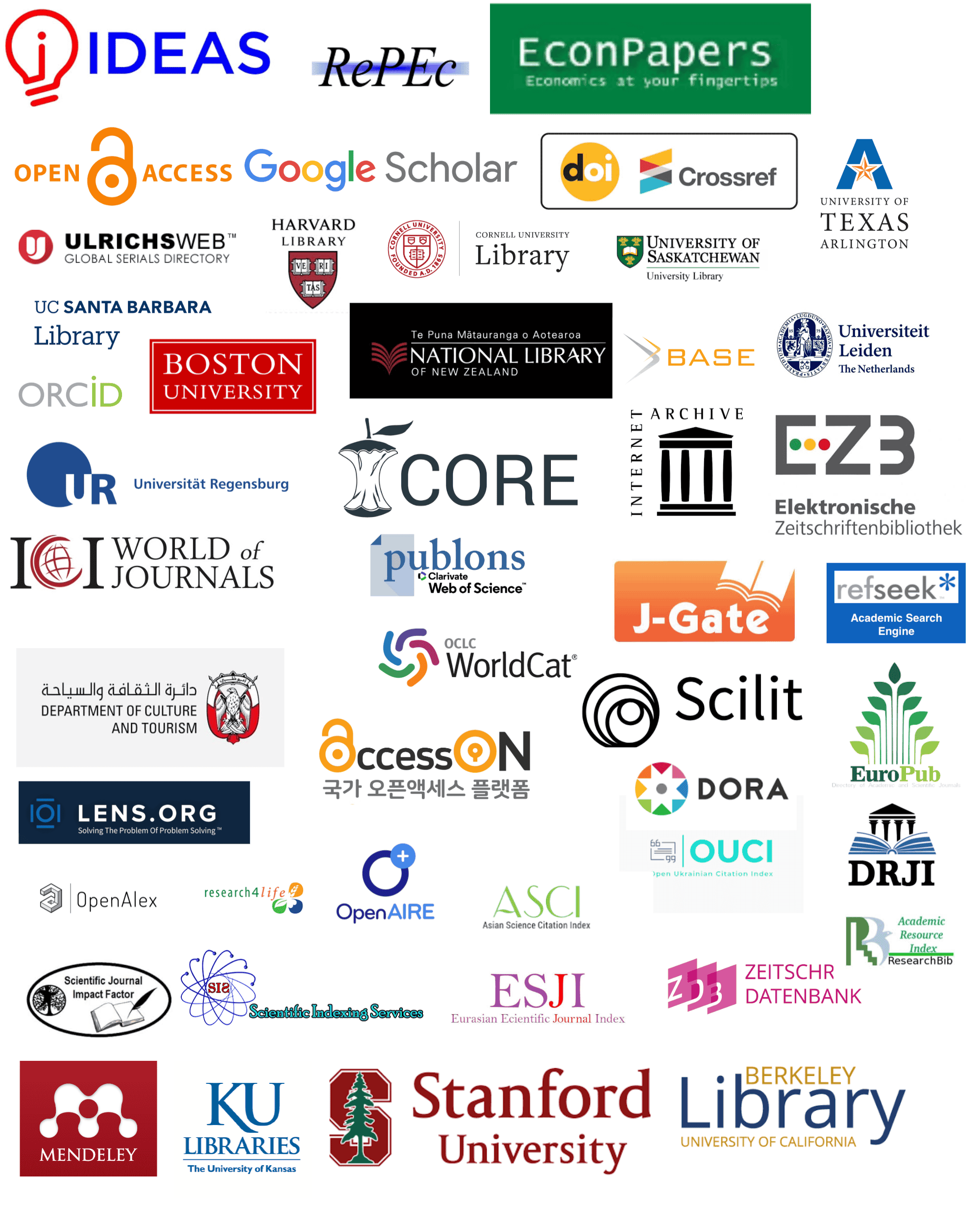The effect of the internal control system (ICS) on fraud prevention and the financial performance of selected retail supermarkets in Ibadan
DOI:
https://doi.org/10.56879/ijbm.v3i1.29Keywords:
Internal control system; control environment, risk assessment; control activities; information & communication; fraud prevention; financial performanceAbstract
In recent times, an increase in fraudulent practices leading to poor financial performance among firms has raised concerns about putting in place a system within an organization capable of preventing fraud. Therefore, the study investigates the effect of the internal control system (ICS) on fraud prevention and the financial performance of selected retail supermarkets in Ibadan. Adopting a descriptive research design, 30 retail supermarkets in Ibadan were selected for the study using convenience sampling techniques. Furthermore, 5 employees were drawn from each selected supermarket through a purposive sampling technique, resulting in a sample size of 150 respondents. The data for the study was sourced using a self-structured questionnaire. Of the 150 copies of the questionnaire administered, 148 copies were returned, out of which 8 copies were discarded due to some irregularities found, leaving the total number of questionnaires used for analysis at 140. Using multiple regression analysis, the two hypotheses formulated for the study were tested. The results of the regression analysis showed that ICS has a significant effect on fraud prevention (F = 31.467, p<0.05) and on the financial performance (F = 22.671, p<0.05) of the selected retail supermarket. Considering the results of the analysis, the study concluded that ICS significantly prevents fraud and enhances the financial performance of selected retail supermarkets.
Downloads
Published
Issue
Section
License
Copyright (c) 2024 Muyiwa Adeleke OPALEYE, Iyabode Abisola ADELUGBA (Author)

This work is licensed under a Creative Commons Attribution 4.0 International License.


